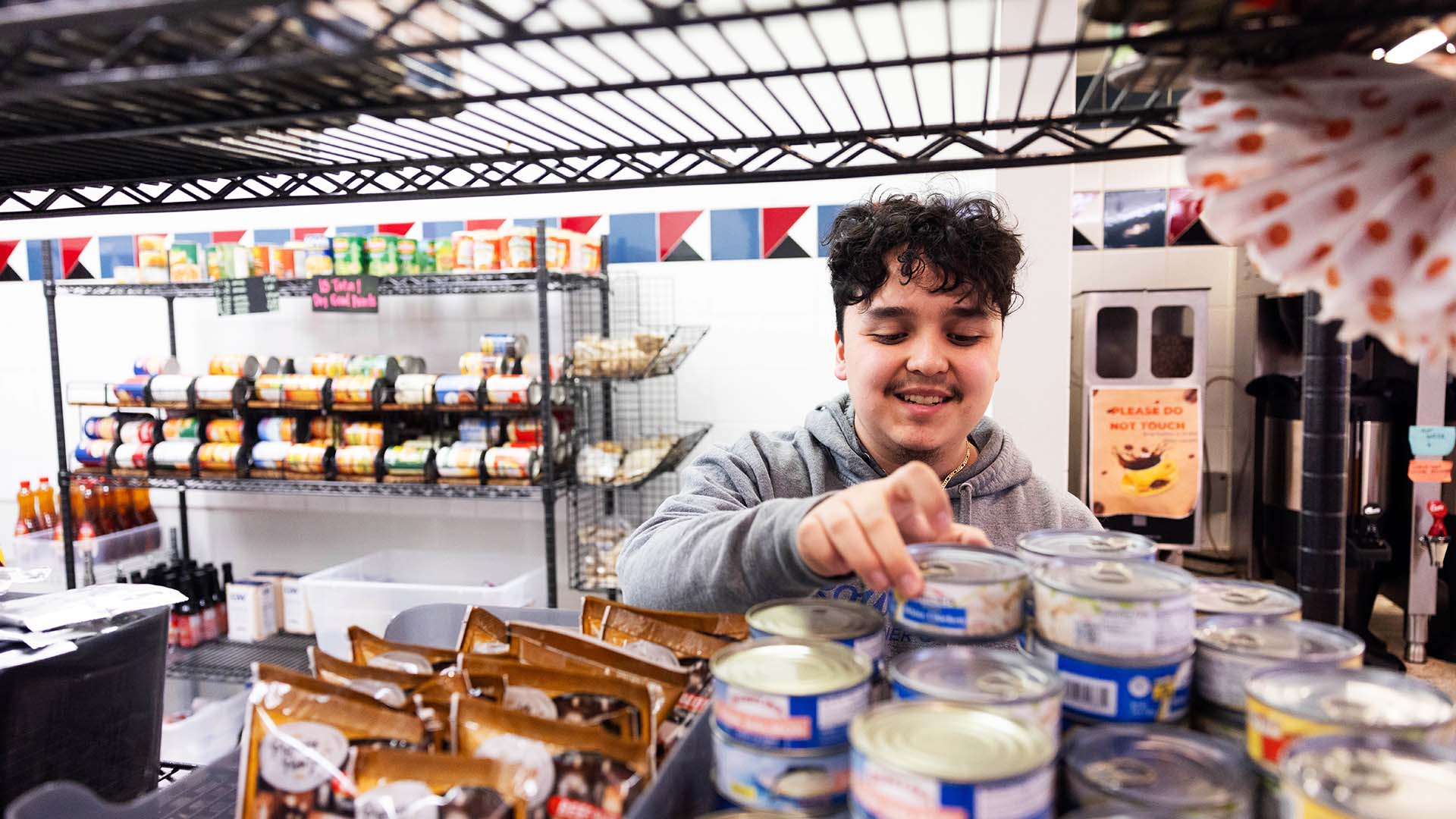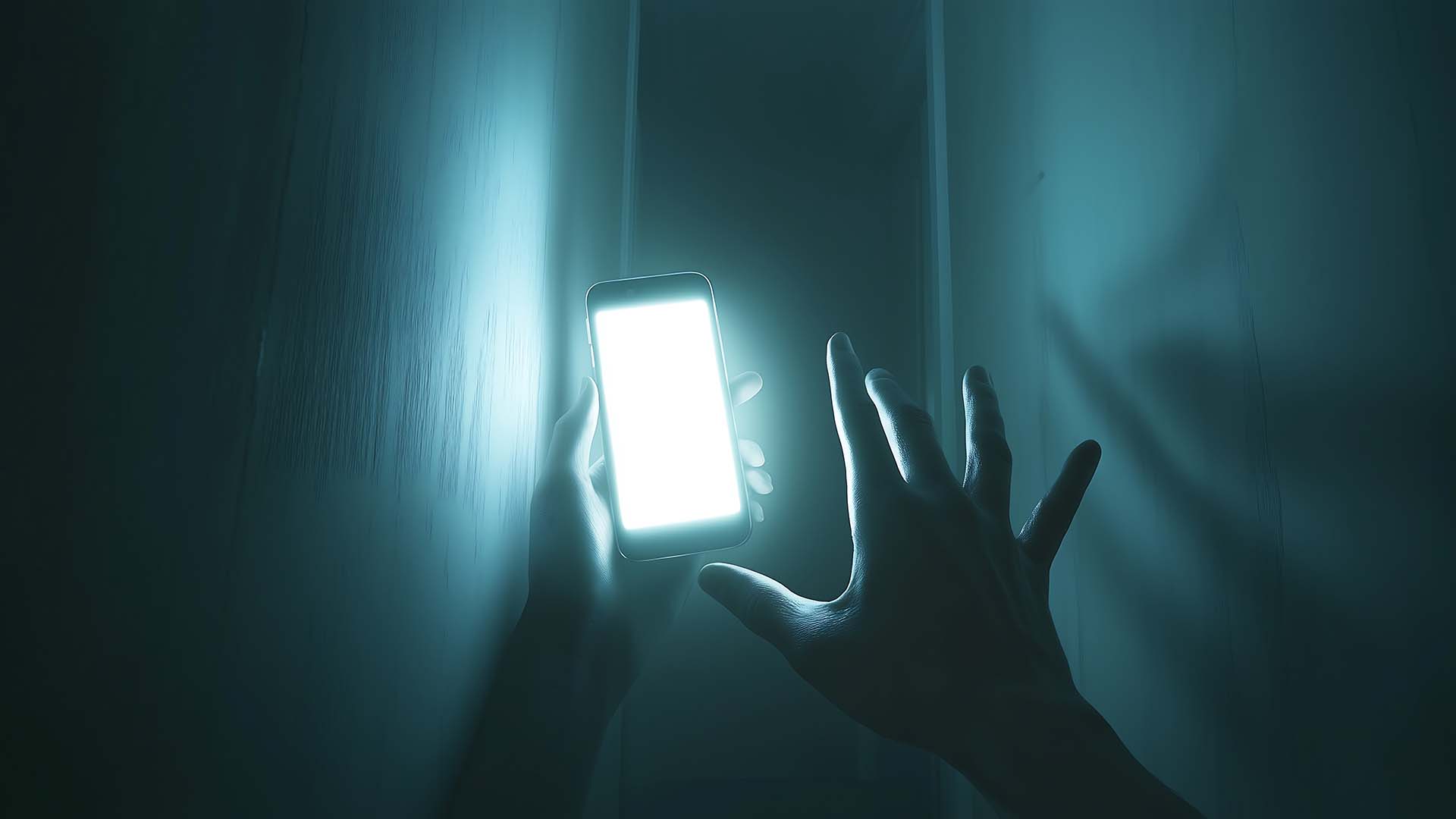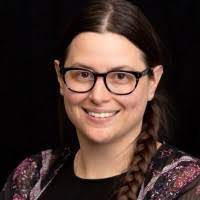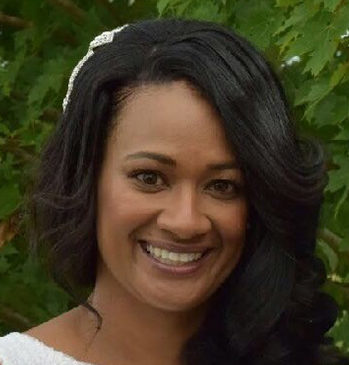How Gen Z is shaping a new era of mental-health care
This generation is driving a more visible, accessible and community-centered approach to counseling than ever before.
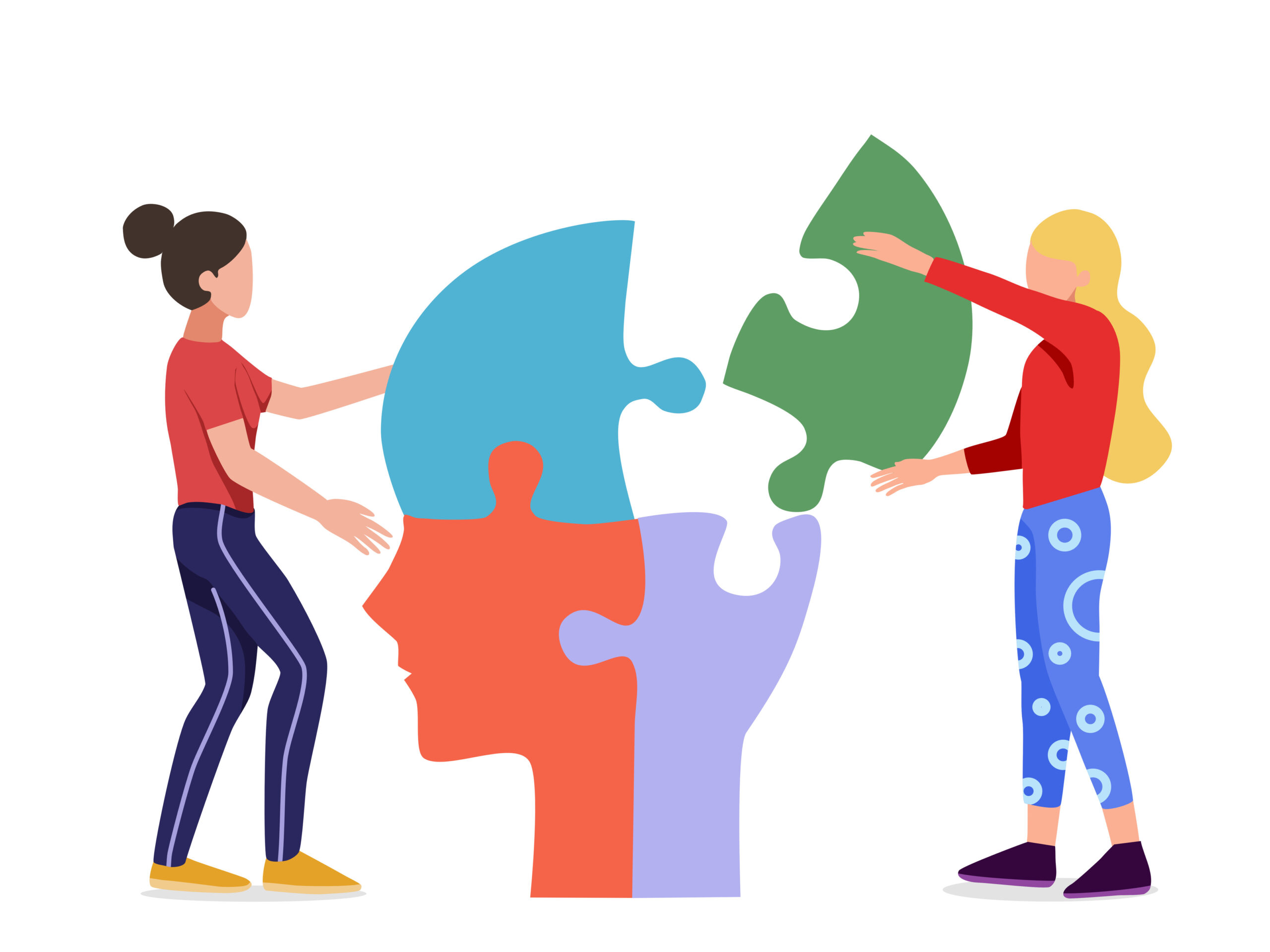
Dubbed the “Anxious Generation,” Gen Z is facing an unprecedented mental-health crisis.
According to the Walton Family Foundation, 42% of Gen Zers struggle with depression, nearly double the rate of Americans over age 25. Another report by Harmony Healthcare IT revealed that 61% of Gen Zers have been medically diagnosed with anxiety.
Though Gen Z is more anxious than previous generations, it’s also more open to seeking therapy and discussing mental health.
“Young people today are much more willing to talk about their mental health,” said Patrick Griswold, associate professor and clinical instructor in the the Human Services and Counseling Department at Metropolitan State University of Denver. “The stigma around mental-health struggles has significantly decreased because it’s harder to stigmatize something that’s so widespread. Therapy is now seen as beneficial, and as more people engage with it and find it helpful, the stigma continues to fade.”
The Counseling Center at Metropolitan State University of Denver has placed a stronger emphasis on community care that reflects Gen Z’s attitudes toward mental health care. Recent changes to that end include more flexible scheduling, walk-in availability and telehealth options in partnership with UWill.
Gen Zers feel the strain, and they want to talk about it
Gen Zers, typically defined as those born between 1997 and 2012, have grown up through global crises such as the Covid-19 pandemic. They’ve also had to navigate the pressures of political tension, mass shootings and climate change. The result? They face more mental-health challenges in youth than those before them.
And it’s not just anxiety and depression. Attention-deficit hyperactivity disorder, post-traumatic stress disorder, obsessive-compulsive disorder and eating disorders are increasingly common among young people, reflecting a range of mental-health struggles, a recent study showed.
RELATED: For Gen Z, less is more
But Gen Zers are also more open about their struggles and more proactive in seeking help. Two of every five Gen Zers regularly attend therapy, and 53% have sought professional mental-health services at some point, according to Harmony Healthcare IT. In fact, 87% report feeling comfortable discussing mental health, and over 60% feel comfortable sharing their struggles.
Chloe Rogers, a 29-year-old counselor and graduate student at MSU Denver, has firsthand experience navigating personal mental-health struggles and the added complexities of systemic inequities.
“Growing up during a global pandemic, political divisiveness and facing the effects of systemic racism has been overwhelming,” she said. “But these challenges have also empowered me to fight for the issues that matter most and advocate for change — for myself, my communities and my clients.”
Mental-health care through a social-justice lens
Unlike previous generations, which often took an individualistic approach to mental health, focusing on the patient in isolation, Gen Z’s approach is deeply intertwined with social justice. “This generation focuses on collective well-being rather than just the individual,” said Rogers. “Issues like power, privilege and oppression are central to how they approach therapy. They want culturally competent care that acknowledges systemic inequities.”
A collective mindset values the role of peers and communities in supporting mental health. To accommodate this perspective, MSU Denver faculty and staff members, often the first to refer students in distress, are encouraged to guide students to the Counseling Center, even walking them over if needed.
“There’s often discussion about self-care, and I think that can be important, but there are reciprocity and mutuality with community care, where we all are in this together,” said Randal Boldt, executive director of the Counseling Center at MSU Denver. “Let’s make this University space a community where we can take care of each other’s mental health.”
Rogers, who integrates these principles into her work as a therapist, recognizes the need for promoting mental-health resources in underserved communities and helping to dismantle barriers to access.
“We’re not just addressing individual mental-health needs,” Rogers said. “We’re creating a community where mental health is openly discussed and students feel empowered to seek the help they need.”
RELATED: Dialing in to the possibilities of telehealth
By embracing flexible services and focusing on community care, the University’s Counseling Center is fostering a more open and supportive environment for students.
“We’re working hard to ensure that students have fast, easy access to mental-health services,” Boldt said. “We understand that mental health is a priority for Gen Z, and our goal is to make our services as visible and accessible as possible.”
Boldt believes Gen Z is leading a positive shift in mental-health support. “I imagine a network of students, faculty and staff that are allies for each other around mental health,” he said. “If we lift each other up rather than focus on ourselves, I feel like our campus and the world can be a better place.”

